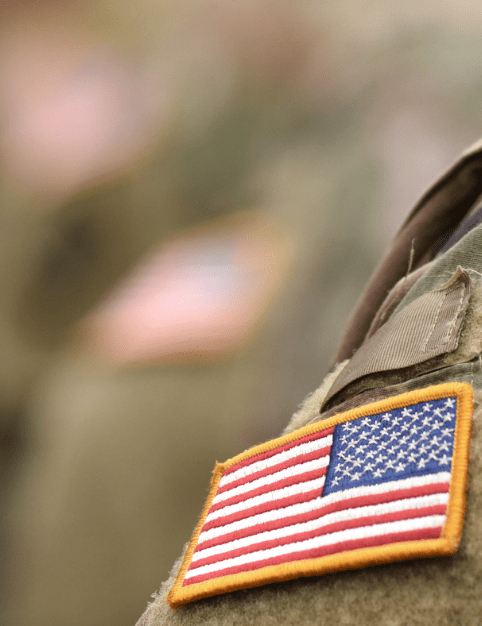A survey conducted by the Department of Defense (DOD) indicated that an estimated 20,500 service members were sexually assaulted in 2018.
About MST
Military Sexual Trauma (MST) is a psychological trauma resulting from sexual harassment, assault, or battery. The VA defines sexual harassment as repeated and unsolicited verbal or physical contact of a sexual and threatening nature. MST can occur irrelevant of location or the identity of the perpetrator involved. If a veteran experienced sexual trauma anytime while on active duty, active duty training, or inactive duty training they qualify for MST. MST often causes a variety of conditions such as PTSD, anxiety, depression, alcohol dependency, eating disorders, and sleep disorders. Many people affected by MST do not report, however, the negative results of MST make it imperative that service members reach out for treatment. Veterans do not have to be service-connected for any other injury to receive treatment for MST through the VA.
How do I prove MST?
Because MST’s often go unreported, the VA is NOT permitted to consider if an individual reported the incident at the time. Instead, the VA looks for markers to show if the individual suffered from trauma around the time frame he or she is stating the event occurred. Markers can be found through documentation or through firsthand accounts of friends, coworkers, and family. Some examples of markers include medical records, a request to transfer, changes in work productivity, substance abuse, or changes in social and or economic behavior.
VA Error
It is common for the VA to deny an MST claim because “service connection for acquired psychiatric disorder due to MST is denied since this condition neither occurred in nor was caused by service.” This standard response often does not actually address your individual claim; instead, it is the VA’s way of saying they did not get enough information or they simply missed it. Many veterans get discouraged from this language, interpreting it to mean that the VA doesn’t believe them and decide not to appeal. PLEASE DO NOT GET DISCOURAGED.
If you’ve suffered from MST, you deserve compensation. Veterans Help Group has been helping veterans get the redress they deserve since 1995. If you would like additional support with your MST claim please call at 855-855-8992 or chat with us online.

How to Speed Up Your VA Disability Claim
How to Speed Up Your VA Disability Claim The VA says that in January of 2024, the average time for...

How to Apply for VA Disability Compensation
It's one thing to know how to apply for VA disability compensation. It's another to understand the...

What is the VA DBQ?
What is the VA DBQ? A VA Disability Benefits Questionnaire (DBQ) is a form used to convey...





